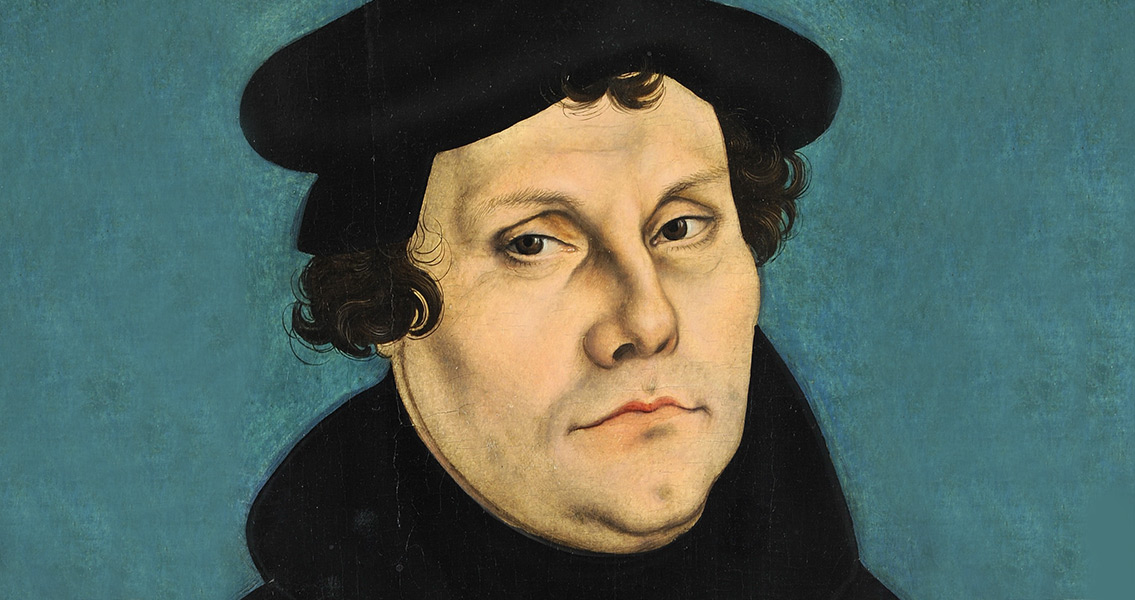Editor’s note: Luther scholars from around the world—Robert Kolb among them—are meeting as we speak in Wittenberg for the 13th International Luther Congress. Professor Kolb offers here some musings on the ongoing 500th anniversary of the Reformation.
My best students when I taught seminars on Luther’s theology at Gurukul Lutheran Theological College in Chennai, India, were often Pentecostals. The first week of the seminar they were suspicious, the second week curious, and after that they warmed to reading the German who was far away both in time and geography. I suspect it was not that they changed their minds on their own core convictions so much as that Luther was opening up for them a whole new way of reading Scripture and looking at the world and their own humanity. He posed for them the question of what it means to be human in a new way. His unremitting focus on the relationship he had with the person of the Creator, who had come near and was present for him in Jesus Christ, through the work of the Holy Spirit, expressed what they had perhaps indeed sensed in Scripture, but in a new way, from a different angle. Indeed, it may be that Luther offered relief from the conditioning of God’s grace by the tendency of our sinful natures to want to claim some role, even if very minor, in giving us assurance of Christ’s restoration of integrity as human beings and our identity as God’s children.
The first invitation sent to me to speak on Luther in 2017 came from a Presbyterian seminary, and my last two presentations this year will take place at a Baptist university and seminary and at a public university in Canada. Luther intended to serve the entire household of God as an expositor of his Word, and at no time in the last 450 years has he been read outside Lutheran churches with appreciation and insight as in our day.
One of my colleagues has suggested that we cannot experience the biblical message in the way Luther did because we have not come from the kind of system that imposed upon the Augustinian brother such deep doubt and despair regarding his own salvation. It may be that those who have grown up in theological systems that presented Christ but tended to direct the focus to the believer’s own performance and accomplishment will find in Luther’s unconditional pronouncement of forgiveness and new identity in Christ a liberating gift. It is not that Luther did not see the unconditional bestowal of that new identity as child of God in the baptismal resurrection to new life promised as a result of what Christ has done to restore the sinner to righteousness (Romans 4:25 was one of his favorite passages). The Wittenberg professor preached often on what it means that Christ raises up each day to new life in his footsteps (Romans 6 and Colossians 2, with the implications of being raised throughout the rest of the epistle). But his love affair with God in Christ generated excitement above all out of God’s acting out his “I love you” by going to the cross and coming out of the empty tomb.
Luther offers much more, especially but not only his understanding that God the Holy Spirit was not only present at the writing of Holy Scripture but is still present as his people transform it into his spoken, written, and sacramental pronouncement of forgiveness, new life, and salvation, and his understanding that God calls us all to responsibilities in all areas of life as the co-providers of life in this world.
These and other elements of Luther’s thought ring true around the world in the twenty-first century. May the enthusiasm that finds echoes throughout the whole church sound loud and clear among those who claim his name.


Leave a Reply
You must be logged in to post a comment.